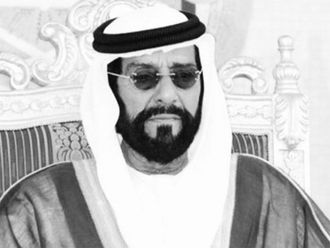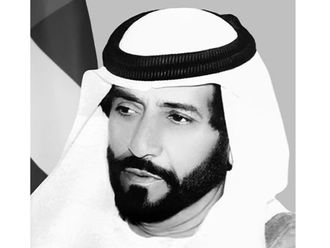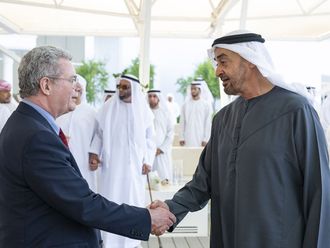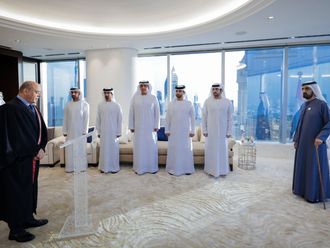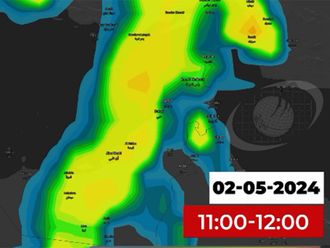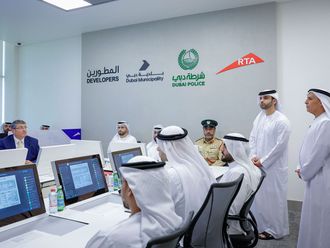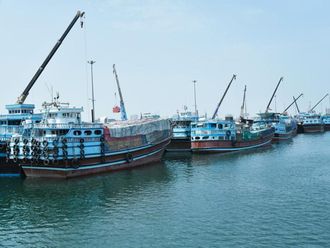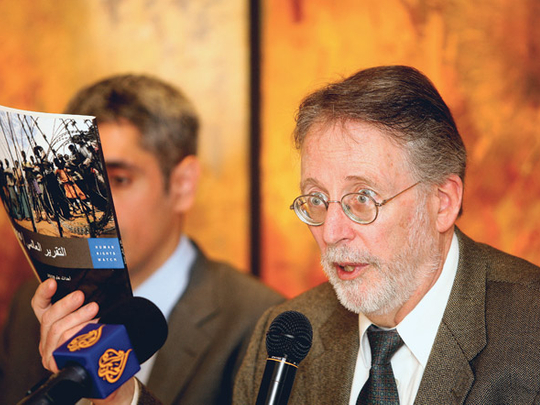
Abu Dhabi: The UAE on Sunday said that a report by an international rights watchdog was "unbalanced" and once again a "factually incorrect" account of the human rights developments in the country.
The statement came in response to the release of the Human Rights Watch 2010, which, according to the Ministry of Foreign Affairs, "has major drawbacks and fails to adequately record the positive steps taken by the UAE with regard to labour and human trafficking issues not just in 2009, but also in the last few years".
The UAE remains firmly committed to playing a lead role in the region and internationally in tackling issues related to human trafficking. The UAE is "not averse to admitting its failures, but finds it unsettling when genuine efforts and constructive results find little or no recognition in reports such as the one released by the Human Rights Watch (HRW)," the ministry official added.
The resulting picture is one that is deceptively selective and does not paint a clear picture of the status of human rights in the country.
"It is unfortunate that HRW report repeats old issues and does not document any new developments or international recognition that the UAE has received for its improving human rights track record especially in the field of labour".
Some of this acknowledgement includes the unanimous adoption of the Working Group Report on the UAE's Universal Periodic Review at the 10th session of the Human Rights Council in Geneva in March.
Further, countering the HRW's critical reference to the special UN rapporteurs report on the UAE, the Ministry of Foreign Affairs pointed out that the UN rapporteurs visited the UAE in response to official invitations extended by the government.
"We have nothing to hide," she said. The HRW report did not present a balanced view of the comments of rapporteurs.
Some of the other significant developments that find no mention in the report include: the UAE signing and ratifying the United Nations Convention on the Rights of Persons with Disabilities and its additional protocol; ratifying the United Nations Protocol to Prevent, Suppress and Punish Trafficking in Persons, especially Women and Children (Palermo Protocol); creation of three new human rights-related institutions — the Human Rights Department at the Ministry of Interior, Dubai Community Development Authority, and a permanent taskforce of specialists, specifically prosecutors, to tackle human trafficking in Dubai; as well as the formal opening of Ewaa shelter for women and children in Abu Dhabi.
Referring to the factual inaccuracies "that were aimed at sensationalising the report", the ministry of foreign affairs pointed out that the reference to workers' strike was not over "low wages", but over "overtime pay", which are "qualitatively different issues" and related to the general economic downturn.
Such reportage totally ignores the unique Wage Protection System, which channels workers' salaries through the banks rather than cash handouts, and which became operational last year. By November, more than 500,000 workers were already receiving their salaries through this system.


